Wellness is a state of being in good health, both physically and mentally. At All of You Counseling, we believe that wellness is not just the absence of illness or disease, but a holistic approach to overall health and wellbeing. Our goal is to help our clients achieve optimal wellness by providing a range of resources and services to support their physical and mental health needs. From therapy and counseling to educational resources and support groups, we are committed to helping our clients live their best lives and achieve their goals.
Stay tuned for great ideas and resources!
November is Diabetes Awareness Month, a time dedicated to increasing understanding about one of the most common—yet often misunderstood—chronic conditions. Whether you’re newly diagnosed, supporting a loved one, or simply wanting to protect your long-term health, this month is an opportunity to learn how small daily choices can make a big impact.
Diabetes is a condition where the body struggles to manage blood sugar (glucose) effectively. Glucose is your body’s main source of fuel, but it needs insulin, a hormone made by the pancreas, to move into your cells for energy.
When insulin isn’t produced properly—or when the body becomes resistant to it—glucose builds up in the bloodstream. Over time, this can lead to serious health problems such as nerve damage, heart disease, and kidney issues.
There are two main types of diabetes:
Even before diabetes develops, many people experience prediabetes, a warning sign that blood sugar regulation is off balance. The good news? With awareness and consistent habits, you can take meaningful steps toward prevention and better health.
To help you get started, we’ve created
three free resources designed to guide you through blood sugar balance, strength building, and healthy eating—all essential parts of diabetes prevention and management.
At All of You Counseling, our goal is to help you feel informed, empowered, and confident in caring for your body. Diabetes doesn’t define you—it’s something you can manage, prevent, and even thrive through with the right knowledge and tools.
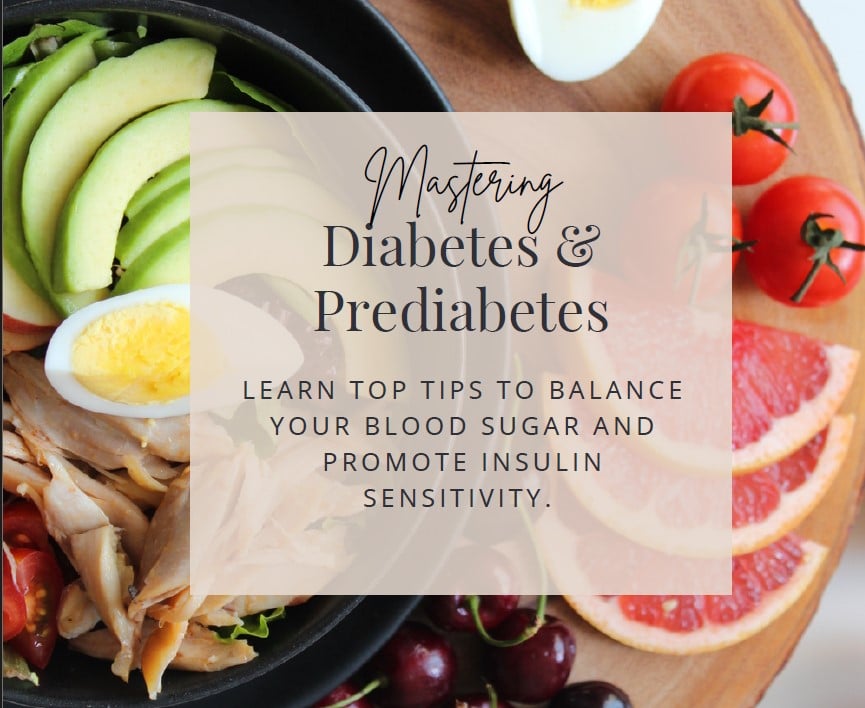
Learn the science behind blood sugar regulation, insulin resistance, and how your daily choices—like sleep, stress, and movement—affect your glucose levels. This guide explains what’s really happening in your body and offers 10 practical steps for improving insulin sensitivity and energy balance.
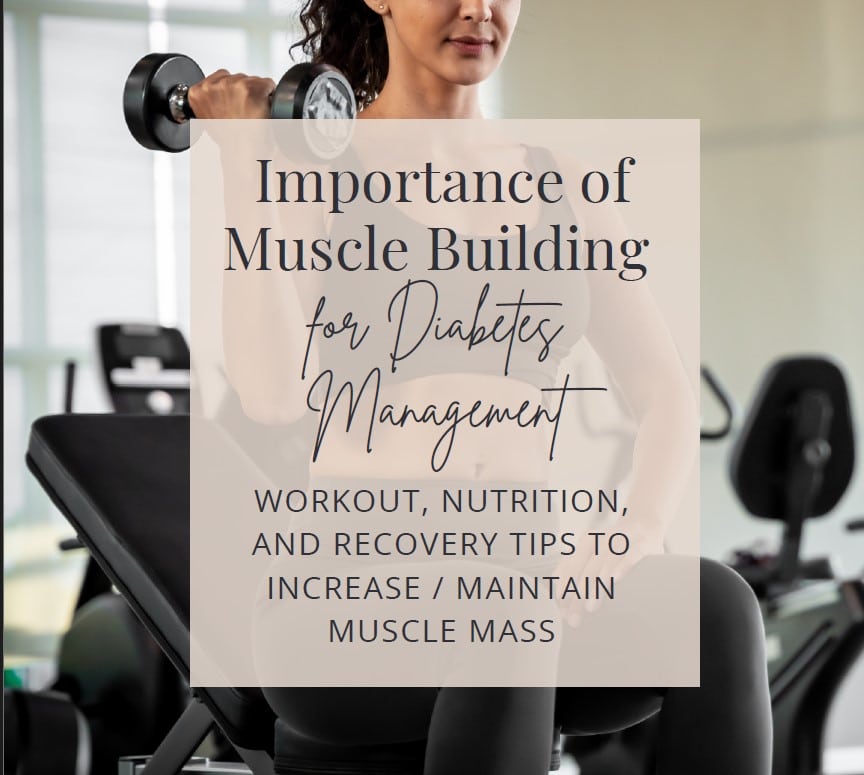
Did you know muscle acts like a glucose sponge? Building and maintaining muscle through resistance training helps your body use insulin more efficiently. This guide covers how to get started safely, workout tips for beginners, and nutrition strategies that support both muscle growth and blood sugar control.
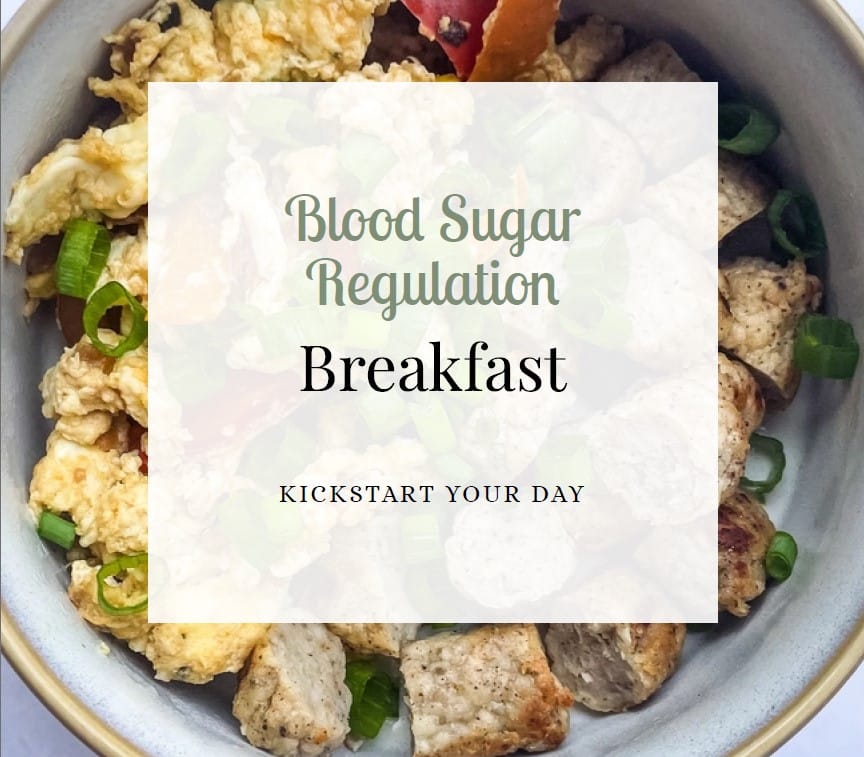
Eating for stable energy doesn’t have to be boring or restrictive. This recipe bundle features nutrient-dense meals—like Kiwi Yogurt Bowls, Tex-Mex Tuna Salad, and Bruschetta Chicken—that are designed to keep your glucose steady while satisfying your taste buds.
Diabetes doesn’t strike all at once—it builds over time, often long before symptoms appear. The choices you make today can shape your tomorrow. The power to write that story is in your hands. Every meal, every walk, every moment you choose to care for your body moves you closer to balance. Understanding how your body works isn’t just knowledge—it’s your roadmap to taking control and protecting your future health.
If you’d like to learn more about preventing or managing diabetes, visit:
Every October, we pause to shine a light on a topic that touches half the population but is still too often met with silence—menopause. Whether you’re approaching it, in the thick of it, or supporting someone who is, this season of life deserves understanding, compassion, and evidence-based care.
Menopause isn’t a single moment—it’s a gradual, transformative transition that marks a new chapter in a woman’s health journey. And just like any major life shift, it’s easier to navigate when you’re informed and supported.
Before menopause officially begins, most women go through perimenopause—a phase that can last several years as hormones like estrogen and progesterone begin to fluctuate.
You might notice changes in your cycle, sleep, energy, or mood. These shifts can be confusing or even frustrating, but they’re also your body’s way of recalibrating.
It’s not “just in your head.” It’s biology—and it’s completely normal.
In the guide, Perimenopause Essentials, I walk you through what’s happening inside your body and share simple, sustainable ways to support your hormones naturally. From nutrition and movement to mindset and rest, you’ll find practical lifestyle strategies that help you feel more like yourself again.
Too many women enter perimenopause and menopause without clear information or support. Symptoms may be dismissed, testing is often inconsistent, and there’s no one-size-fi ts-all solution. Awareness helps shift that narrative.
This month—and every month—I encourage women to ask questions, track their symptoms, and advocate for themselves in healthcare settings. To help, use this worksheet:
Questions to Ask Your Provider About Perimenopause.
Bring it to your next appointment to help guide an open, informed conversation with your clinician.
Menopause is not the end of vitality—it’s the beginning of a new phase of strength, clarity, and self-knowledge. This is a powerful time to reflect on what matters most and how you want to live the next chapter of your life.
If you’re ready to take that reflection deeper, download the Menopause Vision Statement Guide.
This worksheet helps you define your personal “Menopause Vision”—a compass for how you want to feel, live, and thrive through this transition and beyond.
Every woman’s menopause journey is unique. Whether you’re managing hot flashes or exploring hormone therapy, what matters most is that you feel supported, seen, and empowered to make choices that honor your body and values.
If this topic resonates with you, take a moment this month to explore the guides, talk to your provider, and share your story. Together, we can normalize this conversation and help every woman approach midlife with confi dence, curiosity, and care.
Resources Included:
At All of You Counseling, we know that mental and physical health are deeply connected
—what nourishes the body also fuels the mind. For families, making healthy food
choices doesn’t just support physical growth; it can boost focus, improve mood, and
create calmer, more connected days together. This month, we’re sharing three simple,
practical tools to help your family eat well without adding stress to your plate.
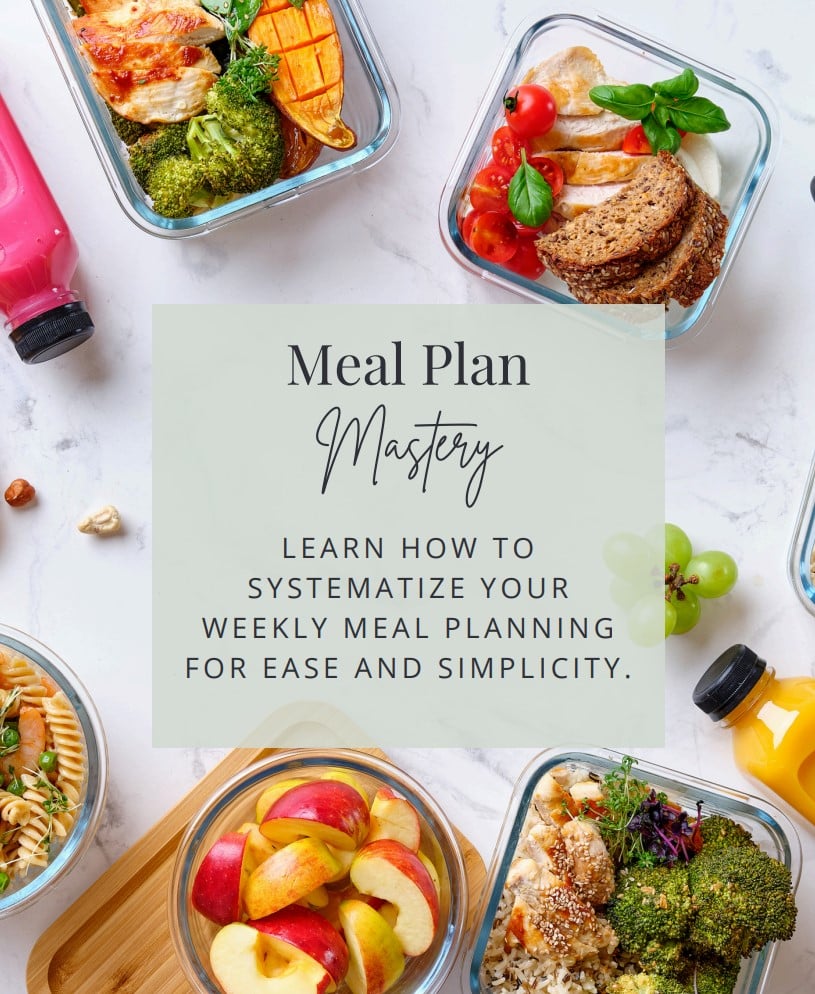
Healthy eating starts with a plan, and this step-by-step system takes the guesswork out of “What’s for dinner?” You’ll learn how to create a weekly meal plan based on your schedule, choose meal themes to simplify decisions, organize recipes, and prep ahead so healthy meals are ready when you need them. This approach not only saves time but also reduces stress—a big win for both mental and physical health.
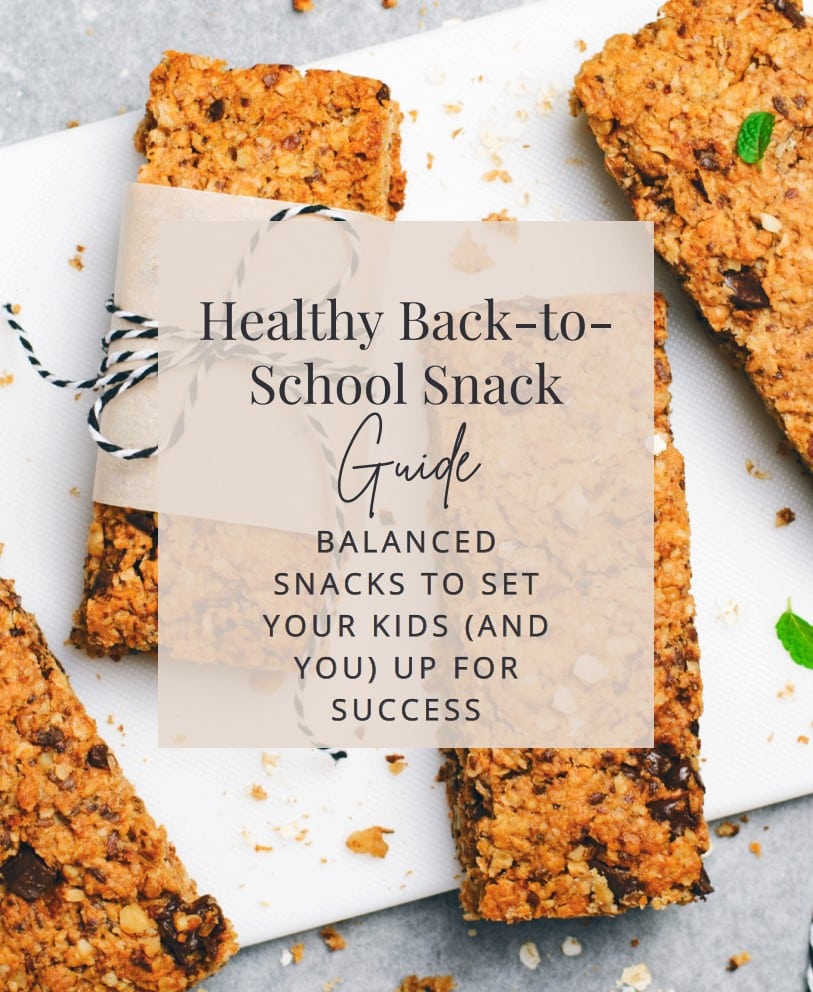
Snacks are more than just “filler food”—the right ones can keep kids energized, focused, and happy throughout the day. This guide offers balanced snack ideas that include protein, healthy fats, and fiber to keep blood sugar steady and prevent those afternoon crashes. You’ll also find quick grab-and-go suggestions, make-ahead recipes, and hydration tips, plus ideas for gut-friendly snacks that support immune health and mood.
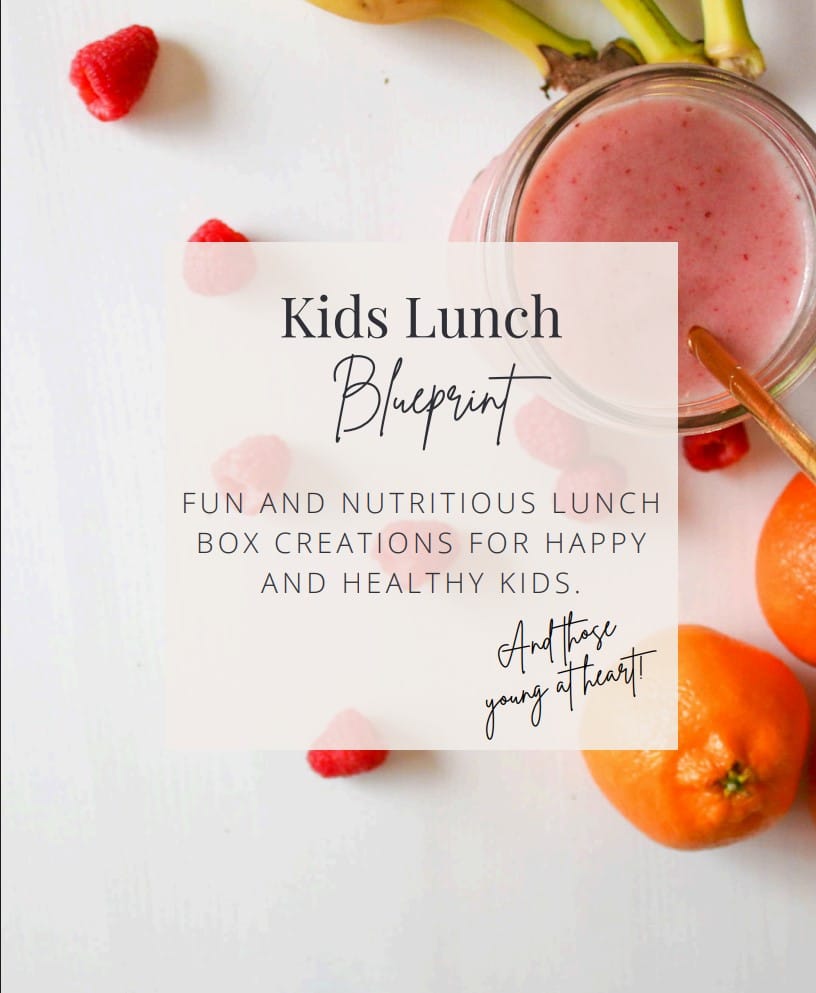
Packing lunches can be a daily challenge, but this blueprint makes it fun and stressfree. It helps you build balanced lunchboxes that combine protein, fruits and veggies, healthy fats, and whole-grain carbs—perfect for sustained energy and focus. The guide includes mix-and-match food lists, sample lunch ideas, and even a “Eat the Rainbow” activity to get kids excited about variety. The best part? These ideas work for grown-ups too, so you can prep your lunch alongside theirs.
When our bodies are nourished with steady energy and nutrient-rich foods, our brains can better handle stress, focus on learning, and regulate mood. Meal planning, healthy snacks, and balanced lunches aren’t just about nutrition-they’re small, daily practices that support emotional well-being for the whole family.